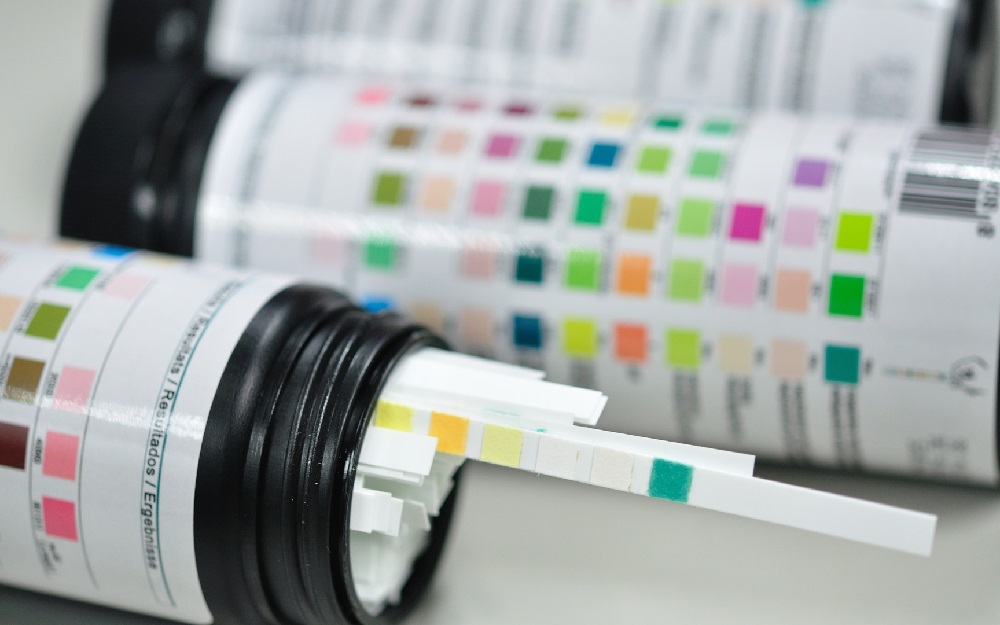In the intricate realm of healthcare, precision, attentiveness, and safety are paramount. To uphold these standards, drug testing takes center stage across various sectors within the industry. This blog post unveils the multifaceted landscape of drug testing in healthcare, shedding light on its significance and practices in different settings.
In the dynamic landscape of healthcare, where precision and efficiency are paramount, DrugTestKitUSA emerges as the preferred supplier of low-cost, affordable drug test kits across diverse settings. From hospitals and clinics to pharmacies, emergency rooms, mental health facilities, rehabilitation centers, and even research institutions, DrugTestKitUSA stands as a reliable partner.
With a comprehensive range of drug screening solutions, including THC-Free drug test kits, they address the unique needs of each sector. Their commitment to accuracy, affordability, and accessibility ensures that healthcare professionals can obtain high-quality testing tools without compromising on quality or budget constraints. By choosing DrugTestKitUSA, these vital healthcare settings can bolster their commitment to patient safety, staff integrity, and the pursuit of excellence, all while adhering to stringent industry standards.
1. Preventive Medicine: Drug Testing in Hospitals and Clinics
Hospitals and clinics serve as the heart of patient care, where quick decision-making and accurate interventions are crucial. Drug testing here is multifunctional:
- Pre-Employment Screening: Prospective healthcare professionals undergo stringent drug tests before joining the workforce. Ensuring that medical personnel are free from impairing substances guarantees patient safety.
- Ongoing Monitoring: Regular drug tests for healthcare staff maintain accountability and assurance, reinforcing the dedication to patient well-being.
2. Pharmacies and Drug Testing
- Pharmacies are the gatekeepers of medications, playing a pivotal role in preventing substance abuse and ensuring accurate treatment:
- Prescription Validation: Pharmacies employ drug testing to validate prescription accuracy, preventing potential errors and safeguarding patient health.
- Preventing Diversion: Drug testing helps pharmacies identify any staff members engaging in the diversion of medications, a critical measure to prevent illicit distribution.
3. Emergency Rooms
In the fast-paced environment of emergency rooms, clear-headedness is paramount for prompt and accurate care:
- Swift Decision-Making: Drug testing in emergency rooms ensures that medical personnel are free from substances that could hinder their ability to make quick and critical decisions.
- Patient Safety: By ensuring staff sobriety, drug testing safeguards patient safety during high-stress situations.
4. Mental Health Facilities
In mental health facilities, where patient well-being hinges on therapeutic interactions, drug testing takes on a nuanced role:
- Medication Management: Drug testing aids in monitoring patients’ adherence to prescribed medications, ensuring treatment efficacy and minimizing potential drug interactions.
- Staff Integrity: Ensuring that healthcare professionals in mental health facilities are substance-free is essential to maintaining a therapeutic and safe environment.
5. Rehabilitation Centers Support Recovery
Rehabilitation centers play a pivotal role in helping individuals overcome substance abuse:
- Admission Screening: Drug testing upon admission identifies substances in patients’ systems, allowing for tailored treatment plans.
- Progress Tracking: Ongoing drug testing monitors patients’ progress, offering insights into recovery and enabling necessary adjustments to treatment plans.
6. Research and Clinical Trials
In the realm of medical research and clinical trials, accurate data and participant safety are paramount:
- Baseline Assessments: Drug testing establishes participants’ baseline substance levels, ensuring the reliability of research outcomes.
- Participant Safety: Ensuring participants are substance-free protects their safety during clinical trials, minimizing potential complications.
Conclusion
From hospitals to research labs, drug testing is woven into the fabric of healthcare settings. It safeguards patient well-being, empowers medical professionals to provide high-quality care, and maintains the integrity of medical research. By embracing tailored drug testing practices, healthcare sectors across the board demonstrate an unwavering commitment to excellence, safety, and the overall health of society.
















